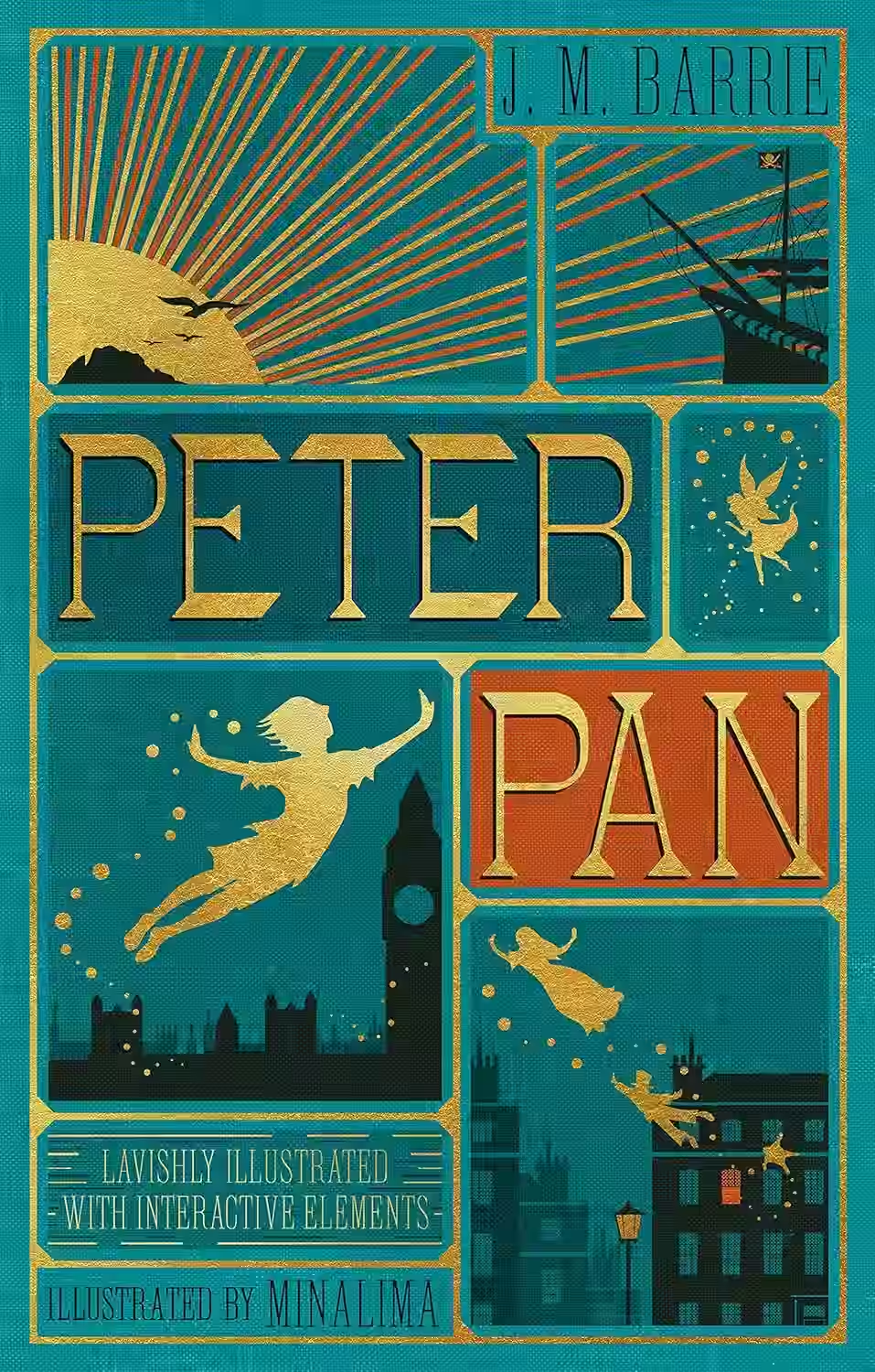J.M. Barrie
James Matthew Barrie, known as J.M. Barrie, was a celebrated Scottish author and playwright born on May 9, 1860, in Kirriemuir, Angus, Scotland. Best known for creating the iconic character Peter Pan, Barrie captured the imaginations of readers with his whimsical and timeless tale of the boy who wouldn’t grow up. His play, "Peter Pan, or The Boy Who Wouldn't Grow Up," premiered in 1904 and was later novelized in "Peter and Wendy" in 1911. Barrie's friendships with the Llewelyn Davies family greatly influenced his work, inspiring the creation of Peter Pan. Beyond Peter Pan, Barrie's literary contributions include the successful plays "The Admirable Crichton" and "Dear Brutus," showcasing his prowess in both drama and fantasy. Awarded the Order of Merit in 1922, Barrie's legacy in literature endures, captivating generations with themes of youth, innocence, and adventure. Barrie passed away on June 19, 1937, leaving an indelible mark on children’s literature and beyond.

J.M. Barrie's 'Peter Pan' is a timeless classic that transports readers to the magical world of Neverland, where adventure and whimsy abound. Central to the story is Peter Pan, the boy who refuses to grow up, and his enchanting journey with Wendy, John, and Michael Darling. The novel explores themes of childhood innocence, the inevitability of aging, and the bittersweet nature of nostalgia. Barrie's imaginative storytelling and rich character portrayals have captivated audiences for generations, making it a cherished piece of children's literature that resonates with both young readers and adults. The enduring allure of Neverland and its vivid characters underline the timeless conflict between the desires of youth and the responsibilities of adulthood. A crucial cultural touchstone, 'Peter Pan' has continued to inspire countless adaptations in various forms, underlining its lasting impact on literature and popular culture.